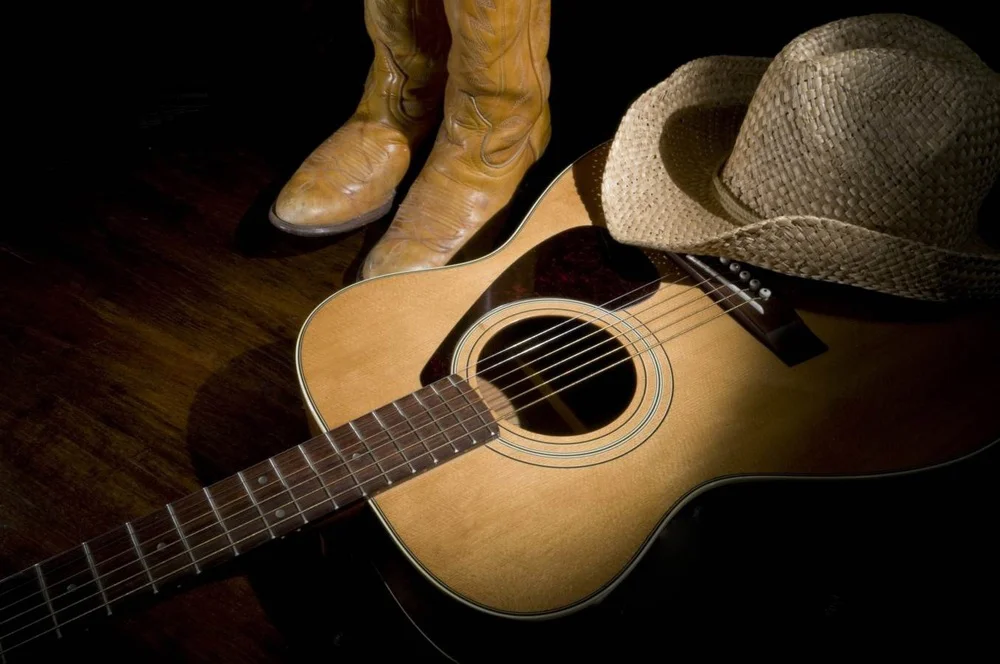14-time Grammy winner Jerry Douglas fronts his latest musical troupe - performing live at the Cactus Theater, Tuesday, June 19 at 7:30 pm.
Jerry Douglas was a teenager playing in a band in Lexington, Kentucky, the first time he heard Weather Report and Chick Corea — on the same day. More than 40 years later, he remembers the moment vividly.
“It blew my head off,” he says. “I loved it. And I thought, ‘Well, there’s where I could go with all this stuff runnin’ around in my head.’”
“All this stuff” is the remarkable music Douglas has made on Dobro and lap steel in a career that’s earned him world renown as the top purveyor of his craft. On his latest musical foray, What If, Douglas decisively merges those jazz inclinations with the bluegrass, country, blues, swing, rock, and soul he’s spent his life absorbing and performing, forging a sound that flies beyond the boundaries of anything he — or anyone else — has done before.
Though Douglas has recorded several of these songs previously, he turns them inside out here in bold new arrangements filled with unexpected elements. For example, in 1992 he covered “Hey Joe,” the Billy Roberts folk tune that became one of Jimi Hendrix’s most beloved blues-rockers, as an uptempo bluegrass song. Here, it’s recontextualized again with drums and fiddle — and horns instead of mandolin. And “Freemantle,” which Douglas and banjoist Béla Fleck had co-written and recorded decades ago as a duet, is now so deeply layered, it almost begs to be heard through headphones.
As soon as he graduated from high school, Douglas headed to Washington, D.C., to join Charlie Waller, Ricky Skaggs, and Doyle Lawson in the Country Gentlemen. He’s since performed in so many incarnations, at one point, he counted membership in eight bands — simultaneously. His recent history includes his band the Earls of Leicester (pronounced “Lester”; get it?), - his version of the Flatt and Scruggs band - with Shawn Camp, Charlie Cushman, Jeff White, Johnny Warren, and Barry Bales; their self-titled 2014 debut earned Douglas his 14th Grammy. He’d already picked up eight with Alison Krauss & Union Station, with whom he’s closing out his second decade, and shared the Album of the Year win for O Brother, Where Art Thou?, the film soundtrack that helped replant traditional roots music in the modern American psyche.
Douglas took home his first golden gramophone in 1983 as a member of J.D. Crowe’s New South, with Skaggs and Tony Rice — though it was their self-titled 1975 album that was said to change the course of bluegrass and become a landmark of the genre.
Tickets: Reserved floor seats $30 first four rows; $25 for all remaining floor and standard balcony. Limited box seats $50 (includes box ticket and concessions; present ticket at counter when ordering).


